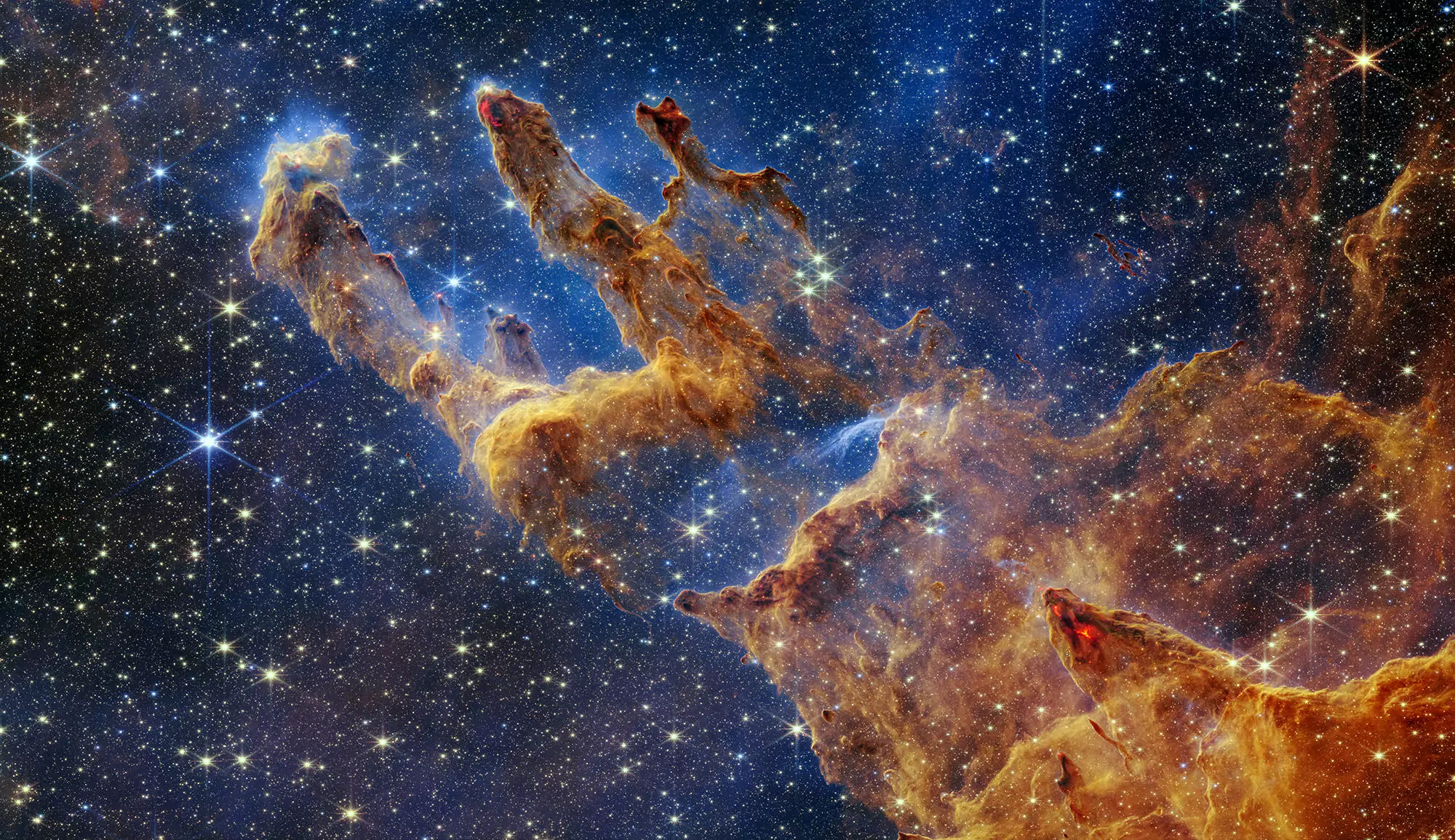If seeds in the experiment survive, it will indicate that dormant life forms like seeds could withstand dissemination through space — such as being scattered after a meteorite impact on Earth.
Astronauts will attach the seeds of tobacco and Arabidopsis plants to the exterior of the Columbus module, where they will be exposed for 18 months to ultra-violet and cosmic radiation passing through magnesium fluoride windows. The experiment includes mutants that lack the flavonoid sunscreens responsible for protection against UV, including the high energy VUV part of the solar spectrum that is normally absorbed by the stratospheric ozone layer. Seeds carrying an bacterial gene will allow biological and physical measurements of the effects of space conditions on a specific DNA segment. After their return to Earth, germination ability and extent of mutations will be assessed. Seed survival will indicate that dormant life forms on Earth could withstand the temperature extremes, vacuum, UV and cosmic radiation encountered in interplanetary transfer of life.
The team is composed of : David Tepfer (INRA, Versailles), Andreja Zalar (INRA, Versailles), and Sydney Leach (LERMA, Observatoire de Paris)

